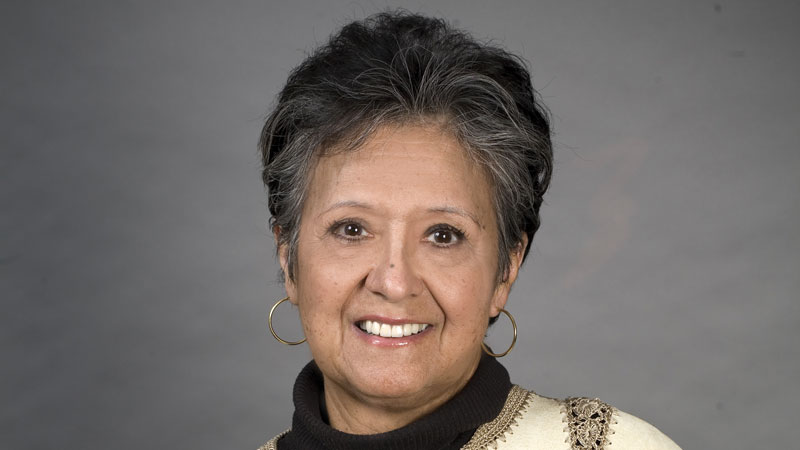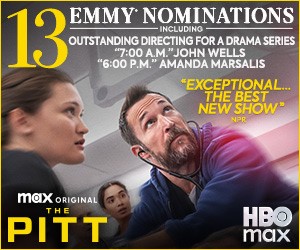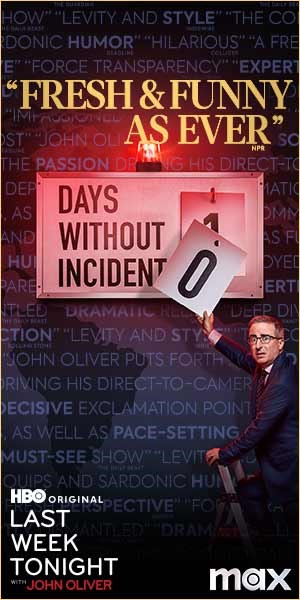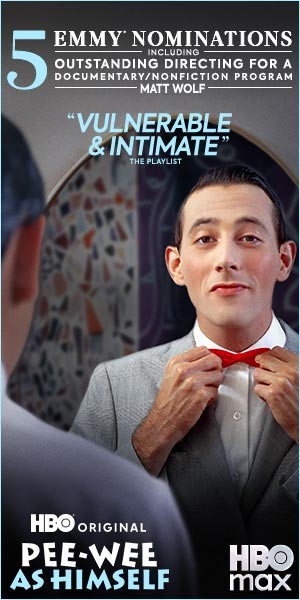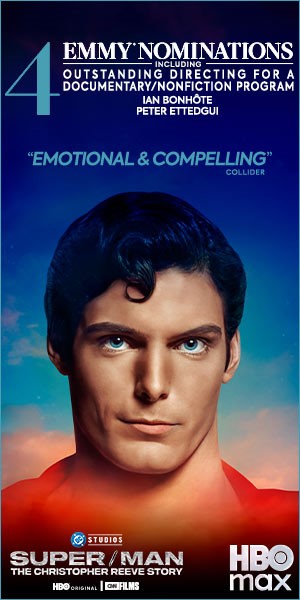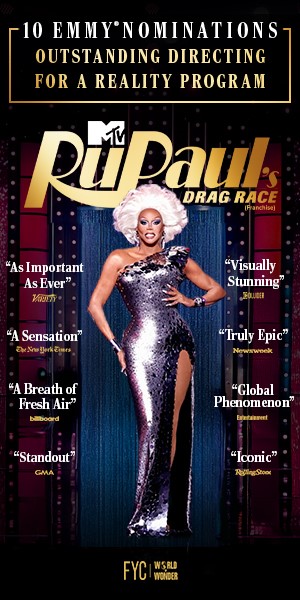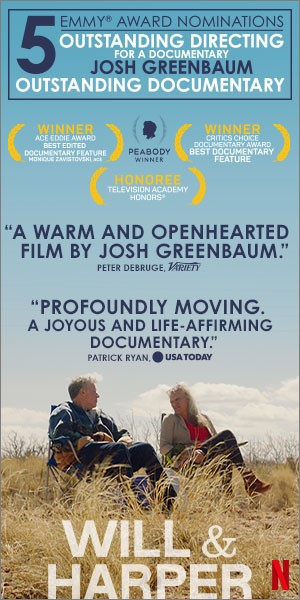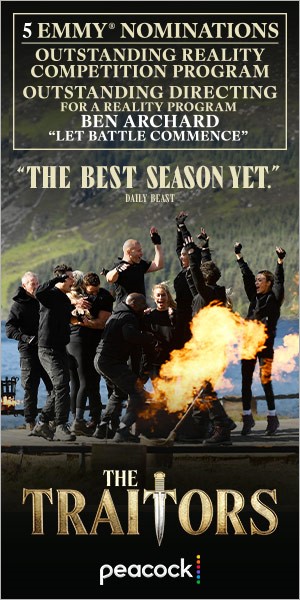Stage Manager Maria Jimenez Henley is the 21st recipient of the Franklin J. Schaffner Achievement Award, which is given to an Associate Director or Stage Manager in recognition of their service to the industry and DGA.
Asked why Jimenez Henley was nominated for one of the Guild's highest honors, Western AD/SM/PA Council Chair Valdez Flagg said, "Maria brings a wealth of talent, experience and knowledge in her conscientious, courageous and dedicated service to the Director Guild's leadership and membership. She is the worthy recipient of this year's Schaffner Award."
Currently in her sixth term on the Council, Jimenez Henley previously spent two years serving as Council Chair. She was also elected to three terms as Co-Chair of the DGA Latino Committee, and co-chaired the sub-committees for the DGA Student Film Awards and Mentor Outreach program. Additionally, she served as a second alternate on the DGA National Board from 2005-2007. And it all began with a dance.
While she was still a teenager, Jimenez Henley launched her career in entertainment as a dancer after being hand-picked by director/choreographer Jerome Robbins to play the role of Shark member Teresita in his and Robert Wise's iconic film West Side Story.
"We worked on that film for a year then I went to New York and joined Robbins' company, Ballets USA." After two years living and working in New York, Jimenez Henley returned to Los Angeles. "I got to do everything from going to London to do a Beatles special, to dancing and co-choreographing a rock & roll television show called Shindig with stars like Tina Turner, The Rolling Stones, all of the Motown artists, and many more. That's where I first learned about multi-cameras and variety programs."
After taking time off from the entertainment world to raise a family, she returned after tragedy struck. "In 1983, my husband, Donald C. Henley, suffered a fatal heart attack and I was left with a five year old and a twelve year old to raise alone. An ex-dancer named Gary Menteer was producing the television series Punky Brewster with David Duclon, and directed by Art Dielhenn. They asked me to choreograph a tap number for the show, and then asked me to stay on as a stand-in for camera blocking. It was a good gig, but I couldn't raise two boys on the pay. Stage Manager David Wader asked me, 'Did you ever think about joining the DGA?' He told me all about the Guild and what was required to join and I immediately set my sights on achieving that goal. I have to thank David Duclon for believing in me and giving me my first shot as a Stage Manager on his sitcom Boys Will Be Boys. Jim Drake was directing, Ellen Deutsch was script supervisor, Sean Mulcahy Stage Manager and I was the second Stage Manager. It was easy because I already knew about cueing, timing, and cameras from my background in variety. I was blessed to be on that series because it enabled me to 'make my bones,' make a living for my boys, and start a whole new career."
Jimenez Henley became an in-demand Stage Manager and Assistant Director on numerous multi-camera sitcoms including Saved by the Bell, The Homecourt, Evening Shade, Night Court, One World, USA High, Growing Pains, California Dreams and Wings. "I was constantly learning," she said, giving a nod to the mentors who helped her along the way, singling out former DGA member Melinda Casey for special praise. "I learned so much from her. She was hardcore, top of her game, and only tolerated perfection. She could do the schedule for camera block and shoot day in about a half an hour. One day she said, 'Okay, you do the schedule.' I didn't even know where to begin. She worked with me, challenged me and then one day, BAM it was there! I saw it all! From that point on everything fell into place. When I became a first, I was proud that my scheduling could bring a show in to the minute."
Though busy with her new career and raising her family, Jimenez Henley still found time to give back to her Guild. She recalls it was Sean Mulcahy who suggested she attend her first AD/SM/PA Council meeting.
"Like everybody else at their first Council meeting I was overwhelmed and intimidated. I didn't know what the people sitting at the table were all talking about. But I didn't run away from it. I came to learn and to network. Then somebody nominated me as a council alternate and that started it. Before I knew what had happened, Anita Cooper-Avrick - like she has done with so many other people - recruited me. She took me aside and said 'You've got to run for Council Chair.' The next thing I knew, I was nominated and accepted and wondering 'what have I done? I'm already working on a five-day a week series!' What I didn't know was that becoming Council Chair was the greatest education I could get. I'd be working onstage and would get a call in the middle of the day from a DGA executive saying, 'We've got to talk about this waiver.' I'd call a break and then put my Council Chair hat on and discuss the issue. This went on for two years."
In the midst of all the responsibilities of being Council Chair, Jimenez Henley was called to serve the Guild in another capacity when Director Jesús Treviño asked her to become a part of the DGA's Latino Committee. "When I went to my first Latino Committee meeting and saw Sylvia Morales, Jesús, Steve Rodriguez and others, a door opened that revealed who I was and what I had spent decades running away from. The word diversity became part of my vocabulary. So between the Council, the Latino Committee, and all the various other activities that went on at the DGA, this building became my home, and its members, my family. The DGA is truly an amazing place. I always tell people, "Get into the training program, if you have a passion for this industry and have staying power it's the best way to go. As a widow raising two kids, the Pension and Health benefits were a blessing, which I discovered firsthand in 1993 when I was diagnosed with breast cancer. Fortunately today I am cancer-free. That DGA insurance was the best I ever had."
Jimenez Henley takes pride in all that she accomplished on both sides of camera, and how she was able to overcome adversity by translating lessons learned in front of the camera, into a viable career behind it. But she's still a little in shock over being recognized by her peers with this award.
"When I got this call it was truly a surprise. I didn't even know I was nominated. My boys are so proud of me. Youree produces film, documentaries and videos and he and his wife Emily blessed me with Olive, my first grandchild, Raphi, is a Hip-Hop artist and music producer. They said, 'Mom, do you know how great this is!' It still hasn't fully sunk in yet. Even though everybody keeps telling me that it's well deserved, it's still a work in progress for me. I've always gotten such gratification from 'the doing.' I am learning to enjoy the receiving."
